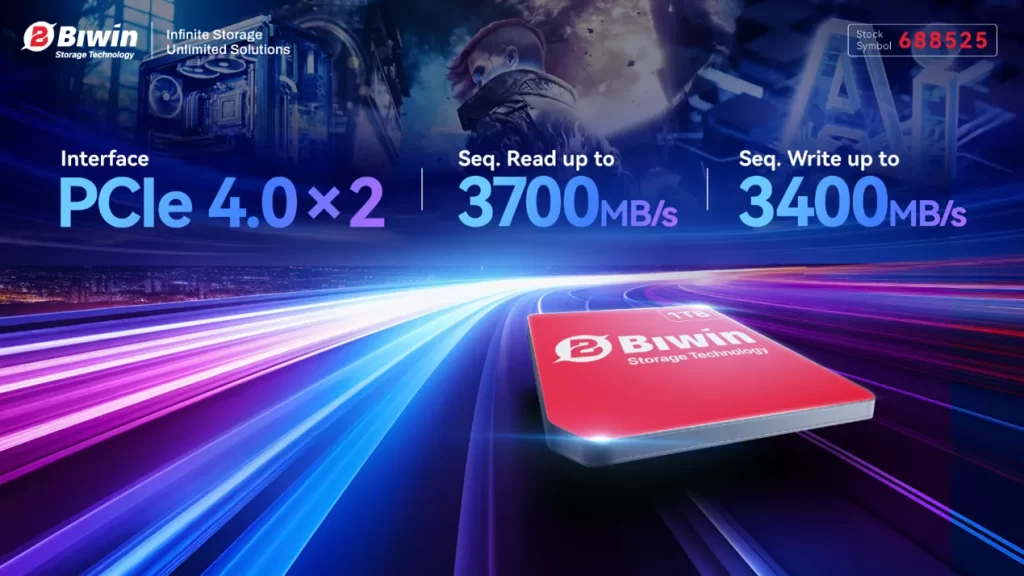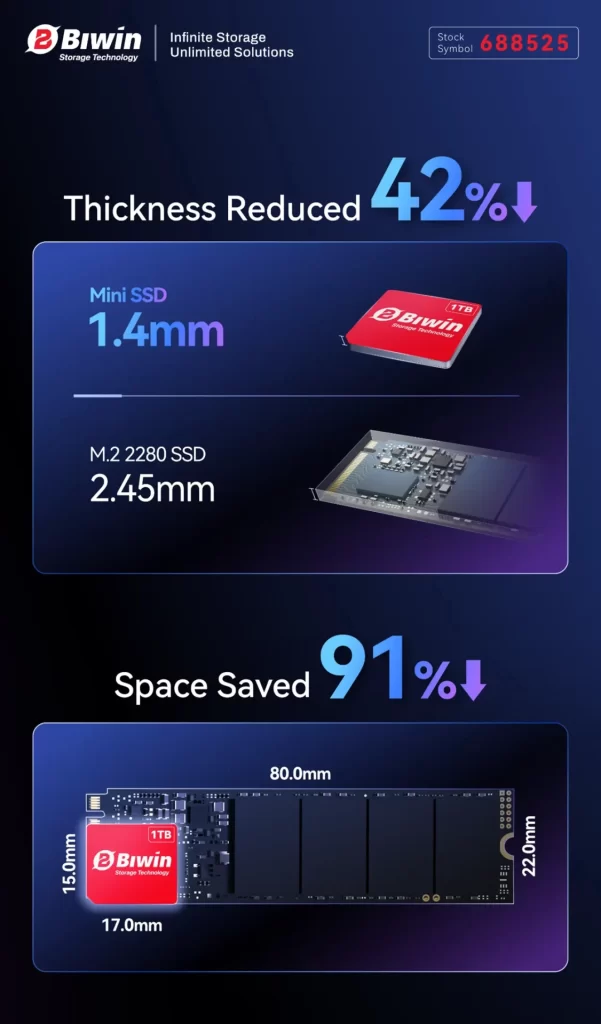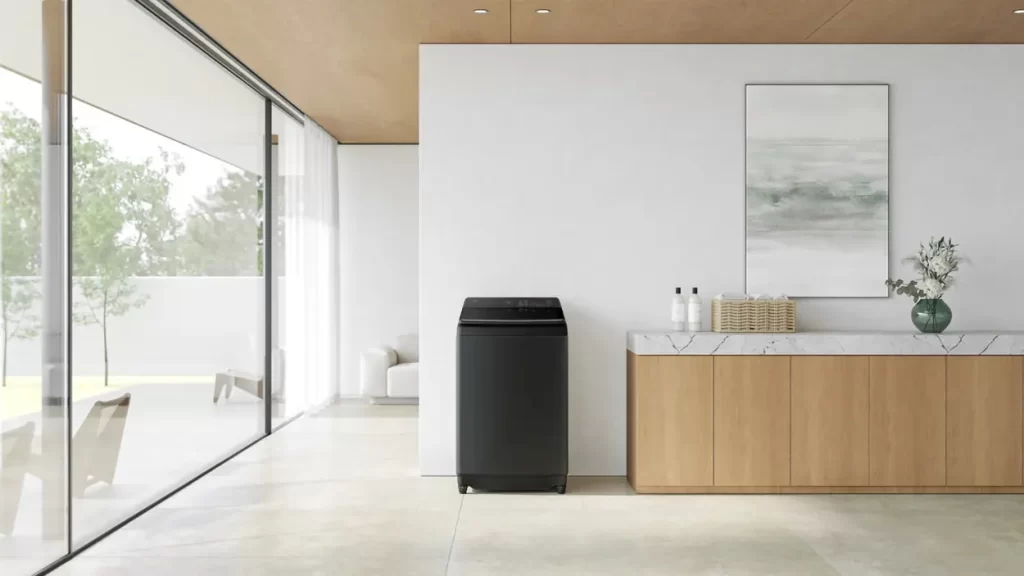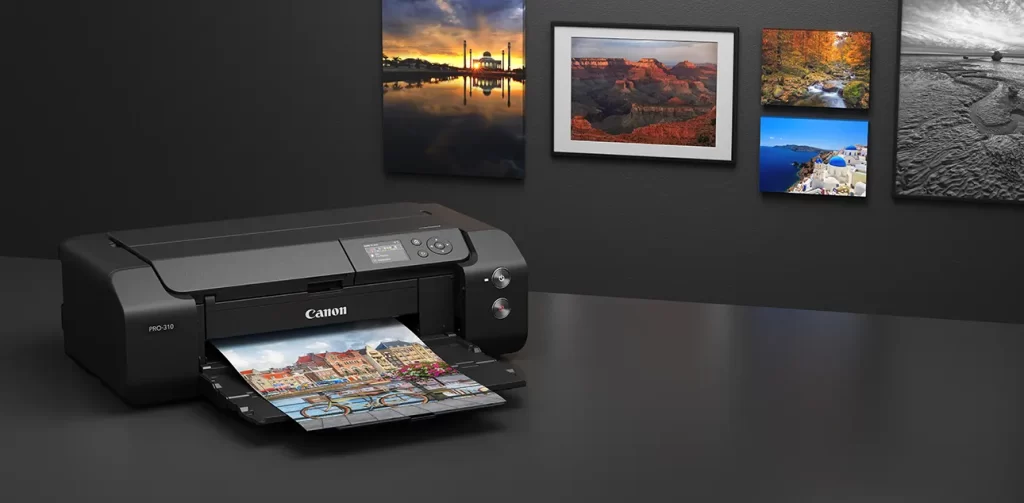Biwin Mini SSD to redefine ultrabook storage with fingernail-sized flash storage with 2TB capacity

BIWIN has introduced a new ultra-compact solid-state drive that may significantly impact how ultrabooks and other edge AI devices are designed.

The newly launched BIWIN Mini SSD measures just 15×17×1.4mm, which is roughly the size of a fingernail, yet it supports capacities of up to 2TB with performance that matches mainstream PCIe 4.0 SSDs.
This development comes at a time when ultrabooks are shifting from lightweight productivity machines to AI-capable terminals. Features like real-time translation, image generation, and on-device model inference are becoming standard expectations. However, the traditional M.2 2280 form factor has proven limiting, especially when manufacturers need to balance space for batteries, thermal systems, and AI chips.
BIWIN addresses this bottleneck with spatial reconstruction and miniaturization using LGA packaging. The result? A storage module that occupies just 8.3% of the space of a typical M.2 SSD. This, according to the company, opens up internal real estate in ultrabooks, allowing more room for essential AI hardware such as NPUs or LiDAR sensors, as well as larger batteries for handling sustained AI workloads.
In addition to its small size, the Mini SSD also adopts a modular approach. Instead of soldered storage, which has become common in many modern laptops, BIWIN’s drive is designed for slot-based plug-and-play installation. This allows users to upgrade storage easily, while manufacturers can reduce SKU complexity and streamline production. The three-step “open, insert, lock” mechanism is aimed at simplifying expansion for both end users and enterprise developers.
Performance hasn’t been sacrificed to achieve the Mini SSD’s small footprint. It delivers up to 3700MB/s read and 3400MB/s write speeds via a PCIe 4.0×2 interface, putting it in line with full-sized consumer SSDs. Its 2TB capacity supports data-heavy applications like 4K/8K video processing, multi-layer design work, and large AI model loading.
BIWIN also leverages dynamic SLC caching to strike a balance between speed and energy efficiency, crucial for mobile systems operating under strict power and thermal limitations.
The introduction of the Mini SSD aligns with broader industry trends around modularity, sustainability, and edge computing. As AI processing increasingly moves onto endpoint devices, storage systems must evolve to keep up, delivering fast, flexible, and efficient solutions within ever-smaller footprints.
With this launch, BIWIN positions itself as a key player in next-gen storage for intelligent devices. The Mini SSD isn’t just a hardware shrink—it’s a strategic enabler for more adaptive, AI-ready ultrabook designs.



